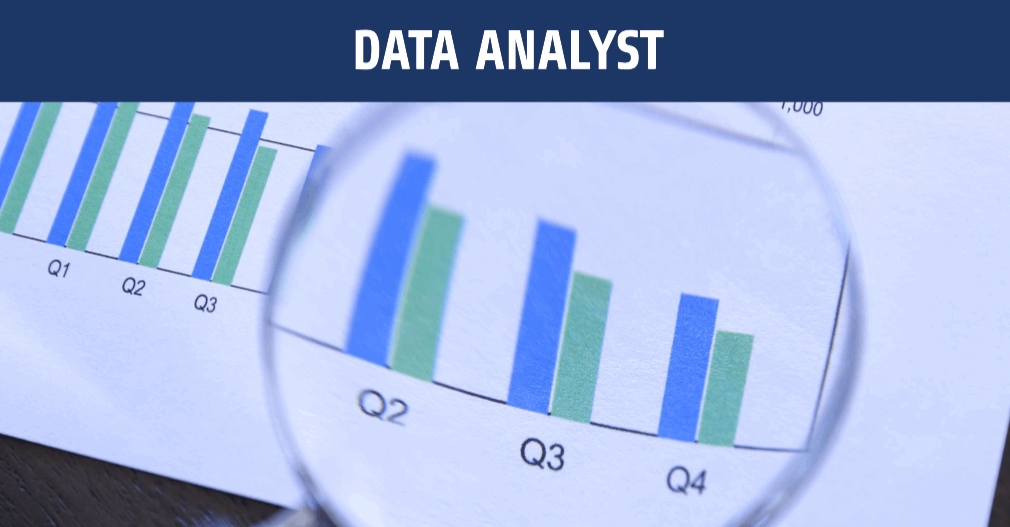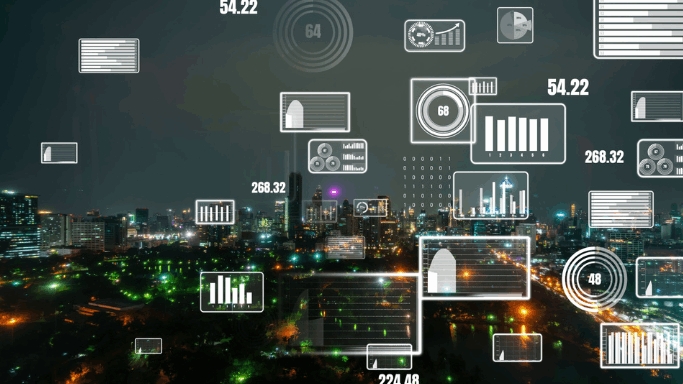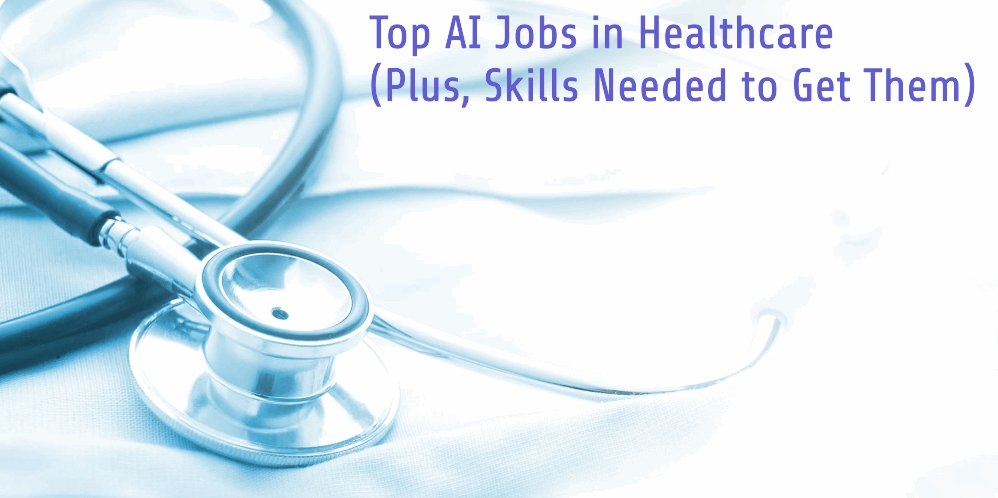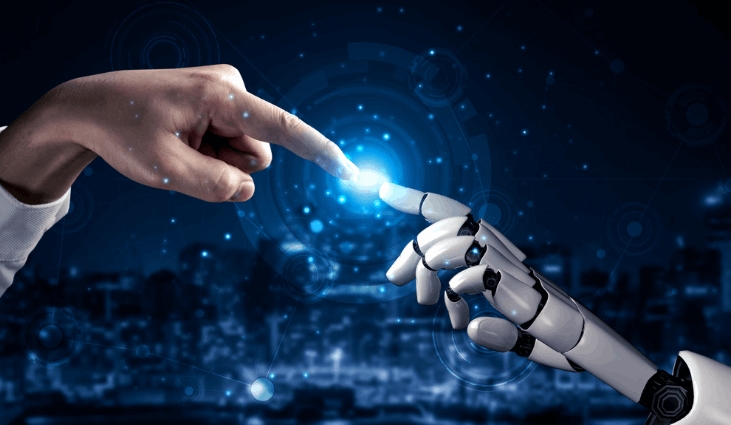According to research by the World Economic Forum, there will be almost 97 million AI jobs available in the near future. This could also include your dream role. However, if you are wondering how you can land an AI job without relevant experience, worry not! This field has various categories where companies are looking to hire beginners.
In this article, we will discuss AI jobs for beginners, along with their required qualifications, skills, and expected salary. So, let’s begin.
AI Jobs for Beginners: 7 Roles to Look Out For
AI Policy Specialist
Required qualifications: A bachelor’s and master’s degrees in fields like law, public policy, or computer science
Skills: Strong communication and analytical skills and know-how of complex AI regulations
The basic duties of an AI policy specialist include developing, analyzing, and implementing policies regarding the ethical use of artificial intelligence technologies. Their further tasks include:
- Ensuring adherence to legal, social, and regulatory frameworks
- Addressing concerns related to data privacy, bias, and accountability
On average, you can expect an average salary of $118k to $145k per year for this beginner job.
AI Writer/Editor
Required qualifications: A degree in communications, journalism, or English
Skills: Creativity, attention to detail, and ability to adapt AI-generated content to fit specific audience requirements
Another AI job for beginners includes writing and fact-checking content by using AI tools, such as ChatGPT. The work involves adding an emotional depth to the AI-generated content so that it resonates with humans and also aligning it with the brand’s tone and style.
Beyond content creation, AI writers are often involved in content marketing and publishing sectors as well. The average salary range for this position is around $20 to $25 per hour.
You May Also Like: 7 Entry-Level AI Jobs to Kickstart Your Career
Social Media Strategist
Required qualifications: Bachelor’s in marketing or communications
Skills: Solid know-how of social media platforms, their trends, and best practices, along with content creation and data analysis expertise
With an expected annual growth of 9% from 2020 to 2026 in digital marketing, more and more companies are looking to enhance their social media presence. For which, they require a social media strategist whose duties involve:
- Developing and implementing a proper social media plan
- Analyzing current trends and algorithms of different platforms
- Maximizing engagement and brand awareness
At this job post, you’d have to collaborate with marketing teams, content creators, and data analysts to execute optimized social media campaigns. The salary range is between $57k to $70k per year.
Prompt Engineer
Required qualifications: Bachelor’s in computer science, linguistics, or a similar field
Skills: Hands-on experience with AI systems and machine learning models, problem-solving skills, understanding of natural language processing (NLP)
A prompt engineer in AI is someone who designs and optimizes input prompts for AI models to extract accurate and relevant outputs from them. The prompts that they generate are for various tasks, including content creation, data analysis, research, etc. According to ZipRecruiter, the average annual salary of an AI prompt engineer is just above $70 an hour.
The average annual salary for this job post is around $100k to $150k.
Related: AI Jobs in Healthcare: A Comprehensive Guide
Junior Data Analyst
Required qualifications: A degree in statistics, economics, accounting, or computer science
Skills: Analytical thinking, proficiency in Excel, SQL, or Python, etc.
A junior data analyst is an entry-level professional whose work includes:
- Collection and interpretation of data
- Transforming data into actionable insights
- Making reports to visualize data
For this, you’d have to work with tools and algorithms to analyze data sets and identify patterns to help the organization make data-driven decisions. Since this is a beginner’s post, the annual salary is a bit low i.e., $42k to $82k. However, the required skill set is also minimal which makes it ideal if you are just starting your career in AI.
AI Researcher
Required qualifications: A background in computer science, data science, or related fields
Skills: Deep understanding of machine learning algorithms, neural networks, and advanced math and strong research capabilities
The field of AI keeps evolving. Thus, organizations require professionals who can advance the use of this technology through solid research and experimentation. An AI researcher’s focus is on:
- Developing new algorithms
- Improving machine learning models
- Exploring innovative applications of AI across various industries
Besides private companies, you can also find jobs in academic institutions and research labs for this post. On average, the typical per-year salary ranges between $150k to $250k.
Related: AI Jobs of the Future and the Most Important Skills
AI Project Manager
Required qualifications: A bachelor’s degree in computer science or information technology, along with any certification in project management
Skills: Strong leadership skills and expertise in handling complex technical projects
The job of an AI project manager includes coordinating AI-related projects in a company. They act as a source of connection between technical team members and business stakeholders. Their duties basically include ensuring on-time delivery of AI solutions without exceeding the budget.
For this, they must:
- Plan, organize, and manage resources
- Address queries regarding AI ethics, data privacy, and scalability
The global market for this role is predicted to grow to $5.7 billion by 2028, which means the number of job openings is expected to increase. Depending on the industry and level of your experience, you can receive an annual salary of $95k to $120k as an AI project manager.
FAQs
How to start an AI career with no experience?
The key is to make an AI-centric resume. Therefore, you must first develop AI skills by making personal projects. Furthermore, working on open-source projects can also add weight to your CV. For networking, participating in hackathons will help.
Can I work in AI without a degree?
Yes, it’s possible to work in any field of AI without having professional qualifications. However, you must have certificates to showcase what you have learned.
What is required to get a job in AI?
To secure any AI job, you must have a Bachelor’s degree in computer science, information technology, math, or any related field. However, an advanced degree in artificial intelligence can give you a competitive edge over other applicants.
Wrapping Up
If you are a beginner looking to start a career in AI, there are various roles to look for. With the right skill set and minimal qualifications, you can make a solid career in any of the categories discussed in this article. The best part is that the jobs cater to different interests as well, be it technical development, strategic planning, creative content creation, or more.








